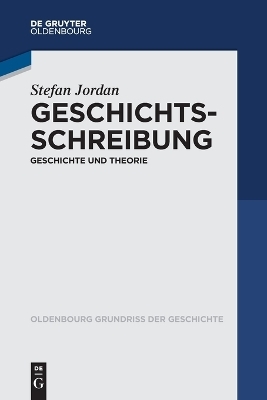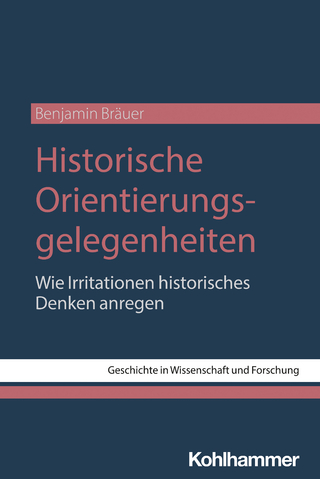
Practicing Oral History to Improve Public Policies and Programs
Left Coast Press Inc (Verlag)
978-1-62958-486-7 (ISBN)
The use of contemporary oral history to improve public policies and programs is a growing, transdisciplinary practice. Indispensable for students and practitioners, Practicing Oral History to Improve Public Policies and Programs is the first book to define the practice, explain how policy-makers use it, show how it relates to other types of oral history, and provide guidance on the ethics and legalities involved.
Packed with case studies from disciplines as diverse as medicine, agriculture, and race relations, as well as many examples from the author’s own work, this book provides an essential overview of the current state of the field within oral history for public policy and a complete methodology for the process of designing and implementing an oral history project. The comprehensive How To section demonstrates how to use the practice to advance the reader’s career, their chosen discipline and the public interest, whether their field is in oral history or in public policy.
This book is an important resource for oral historians, fledgling or experienced, who are keen to find new applications and funding for their work, as well as for professionals in the public and not-for-profit sectors who want to learn to use oral history to improve their own policies and programs.
Marella Hoffman is a Fellow of the Royal Anthropological Institute, and has lectured or held research awards at universities in France, Switzerland, Ireland, the US, and at Cambridge University. She was for a decade chief editor of a public policy magazine for government in Cambridge. Her other books are Asylum under Dreaming Spires: Refugees’ Lives in Cambridge Today (2017); Savoir-Faire of the Elders in the French Mediterranean Hills (in French, 2016); and Magnets (2007). Her work also appears in international collaborations Human Rights and Good Governance: Building Bridges (2000); Location and Dislocation in Contemporary Irish Society: Emigration and Irish Identities (1997); and Cross-currents in European Literature (1993). Visit www.marellahoffman.com
List of Figures. Foreword. Acknowledgments.Part I - Why Do It? 1. Let Them Tell You What Will Work - How Oral History Can Improve Public Policies and Programs 2. Standing on the Shoulders of Giants - Oral History as a Field 3. Case Studies Where Oral History Has Improved Policies and Programs, Locally and Globally Part II - Doing Your Own Oral History to Improve a Policy or Program - The Step-by-Step Guide 4. Your Own Oral History Project to Improve a Public Policy or Program - Planning It Stategically 5. Planning the Logistics of Your Oral History Project 6. Doing Your Oral History Interviews 7. Using Your Oral Histories to Influence the Policy or Program Part III - Twenty-First Century Solutions 8. Twenty-First-Century Solutions - Oral History as a Resource for Meeting the Complex Policy Challenges Ahead. Appendices. Some Key Concepts in This Book.Index.
| Erscheinungsdatum | 26.09.2017 |
|---|---|
| Reihe/Serie | Practicing Oral History |
| Zusatzinfo | 11 Tables, black and white; 14 Line drawings, black and white |
| Verlagsort | Walnut Creek |
| Sprache | englisch |
| Maße | 156 x 234 mm |
| Gewicht | 204 g |
| Themenwelt | Geisteswissenschaften ► Geschichte ► Geschichtstheorie / Historik |
| Sozialwissenschaften ► Ethnologie | |
| Sozialwissenschaften ► Politik / Verwaltung | |
| Sozialwissenschaften ► Soziologie | |
| ISBN-10 | 1-62958-486-X / 162958486X |
| ISBN-13 | 978-1-62958-486-7 / 9781629584867 |
| Zustand | Neuware |
| Haben Sie eine Frage zum Produkt? |
aus dem Bereich


